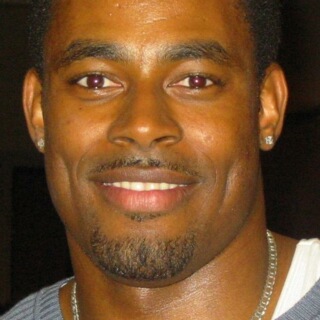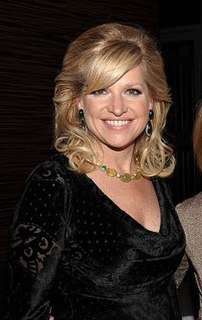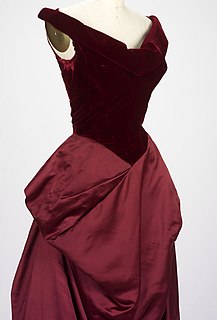A Quote by Ken Ham
I did not know from a scientific perspective why I did not believe in evolution - but I knew from a Biblical perspective it had to be wrong or my faith was in trouble.
Related Quotes
What is missing in a lot of urban music is perspective. You hear a lot of regurgitated perspective. It's a lot of: out at the club. Had drinks. Patrón. Big booties. It's this regurgitated idea of living in this, I don't know, one-night-stand moment that always starts at the club and Patrón. And so perspective, perspective, perspective is what I'm an advocate of.
If I did not believe, if I did not make what is called an act of faith (and each act of faith increases our faith, and our capacity for faith), if I did not have faith that the works of mercy do lighten the sum total of suffering in the world, so that those who are suffering on both sides of this ghastly struggle somehow mysteriously find their pain lifted and some balm of consolation poured on their wounds, if I did not believe these things, the problem of evil would indeed be overwhelming.
Jem’s eyes had widened, and then he’d laughed, a soft laugh. “Did you think I did not know you had a secret?” he’d said. “Did you think I walked into my friendship with you with my eyes shut? I did not know the nature of the burden you carried. But I knew there was a burden.” He’d stood up. “I knew you thought yourself poison to all those around you,” he’d added. “I knew you thought there to be some corruptive force about you that would break me. I meant to show you that I would not break, that love was not so fragile. Did I do that?
Once upon a time, they say, there was a girl...there was a boy...there was a person who was in trouble. And this is what she did...and what he did...and how they learned to survive it. This is what they did...and why one failed...and why another triumphed in the end. And I know that it's true, because I danced at their wedding and drank their very best wine.
But why had he always felt so strongly the magnetic pull of home, why had he thought so much about it and remembered it with such blazing accuracy, if it did not matter, and if this little town, and the immortal hills around it, was not the only home he had on earth? He did not know. All that he knew was that the years flow by like water, and that one day men come home again.
We stand there, quiet. My questions all seem wrong: How did you get so old? Was it all at once, in a day, or did you peter out bit by bit? When did you stop having parties? Did everyone else get old too, or was it just you? Are other people still here, hiding in the palm trees or holding their breath underwater? When did you last swim your laps? Do your bones hurt? Did you know this was coming and hide that you knew, or did it ambush you from behind?
People said things they didn't mean all the time. Everybody else in the world seemed able to factor it in. But not Lena. Why did she believe the things people said? Why did she cling to them so literally? Why did she think she knew people when she clearly didn't? Why did she imagine that the world didn't change, when it did? Maybe she didn't change. She believed what people said and she stayed the same." (Lena, 211)






































